Mullet
Mullet
Regulations Gulf and Atlantic State Waters
Regulations apply to Mugil cephalus (striped mullet), Mugil curema (silver or white mullet), Mugil gyrans (fantail mullet) and Mugil gaimardianus (redeye mullet).
Minimum Size Limit: None
Daily Bag Limit: 50 fish per person
Daily Vessel Limit: 50 fish from Sept. 1-Jan. 31; 100 fish from Feb. 1-Aug. 31
Season: Open year-round
Note: More restrictive seasonal bag limits apply to portions of Pinellas County, and seasonal night closures apply in portions of Charlotte County. Florida Rule
Gear Requirements:
- Legal Gear: hook and line, spears, gigs, seine, cast net
- Prohibitions: spearfishing mullet in fresh water prohibited
Catching mullet in Florida can be an exciting and enjoyable activity.
Here are some tips to help you successfully catch mullet:
1. Find the right location: Look for areas with shallow flats, estuaries, or brackish water where mullet are known to gather. Mullet are often found near grass beds or around docks and bridges.
2. Use the right bait: Mullet are herbivorous and primarily feed on algae and small organisms in the water. They are attracted to organic matter. Try using pieces of bread, canned corn, or even small pieces of shrimp as bait.
3. Fishing tackle: A light to medium spinning rod with a 10-15 lb fishing line should suffice for mullet fishing. You can also use a cast net, which is a popular method for catching multiple mullet at once.
4. Casting technique: If you’re using a rod and reel, cast your bait a distance near the mullet school and let it sink slowly. Avoid splashing the water or making abrupt movements, as mullet can be easily startled.
5. Patience and observation: Mullet can be skittish, so it’s important to be patient and keep a low profile. Observe their feeding patterns and movement to increase your chances of a successful catch.
6. Catching with a cast net: When using a cast net, approach the mullet slowly and carefully. Throw the net over the school, making sure to enclose the fish within it. Quickly close the net and retrieve it from the water.
7. Fishing regulations: Make sure to review the local fishing regulations and obtain the necessary fishing license for the specific area where you plan to fish. Observe catch limits, size restrictions, and fishing seasons to ensure compliance and sustainability. Remember to release any mullet that you do not plan to consume, as these fish are an essential part of the ecosystem and their populations need to be preserved.
Bow Fishing Mullet: Using a Muzzy VXM Bowfishing Bow
Cast netting Mullet: Catching Mullet in cast net
Share this content:
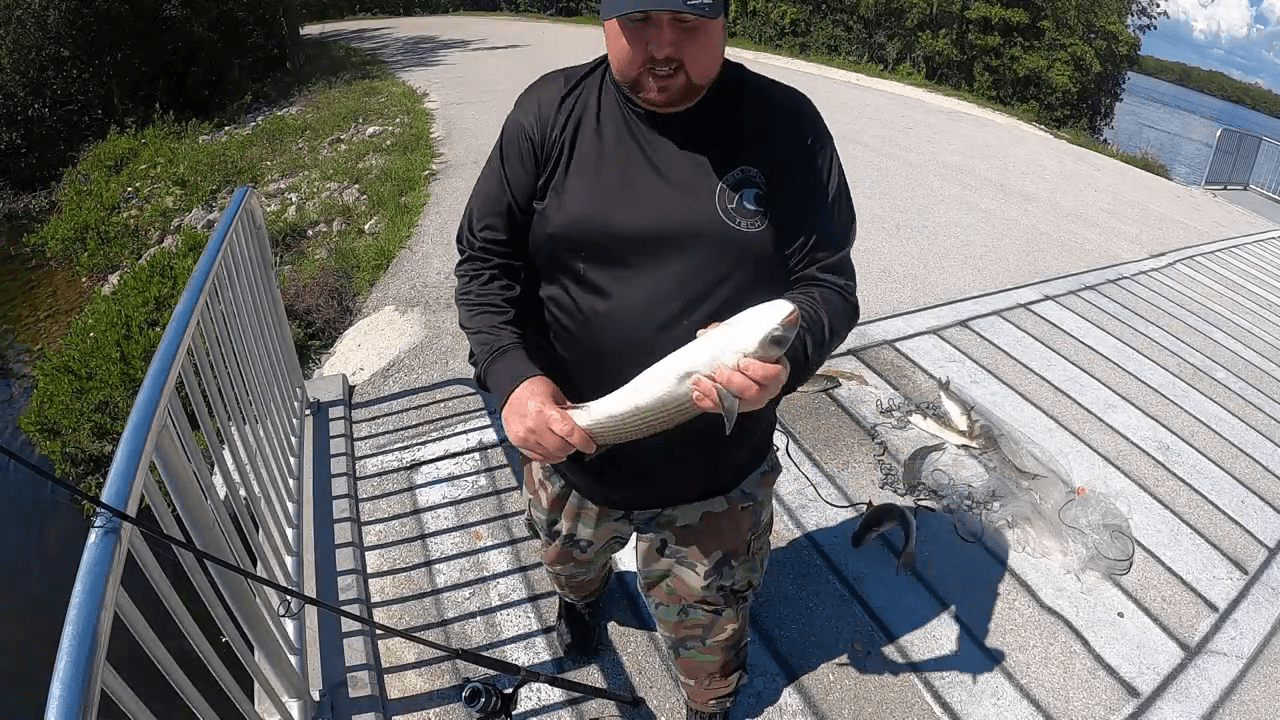
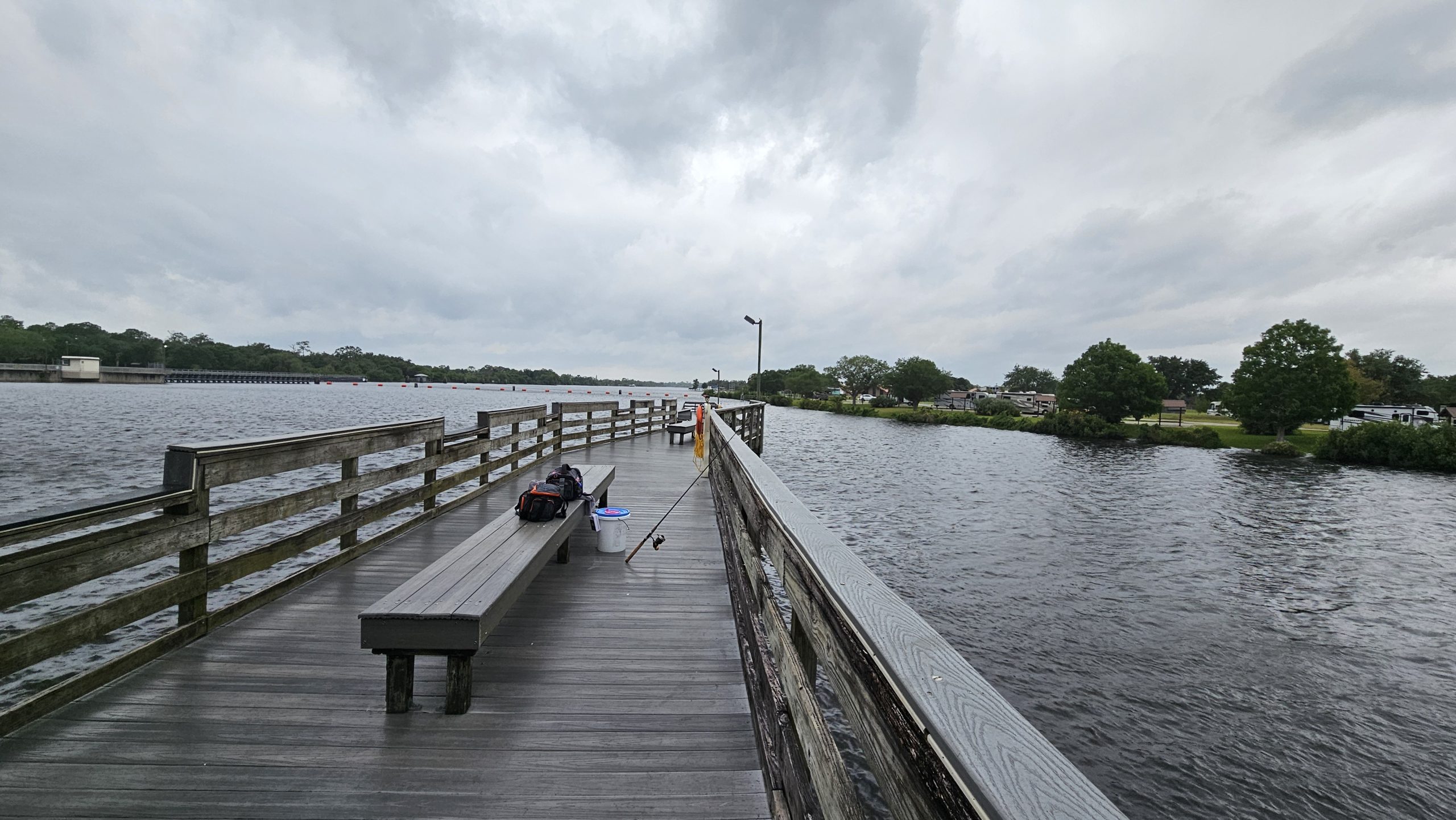
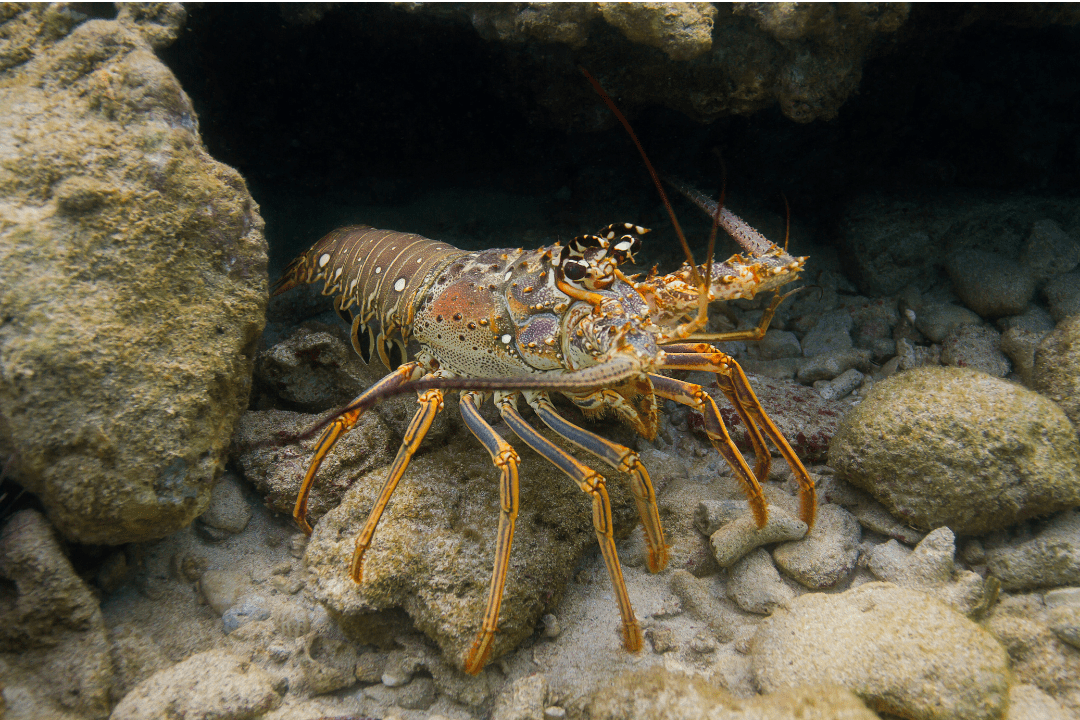
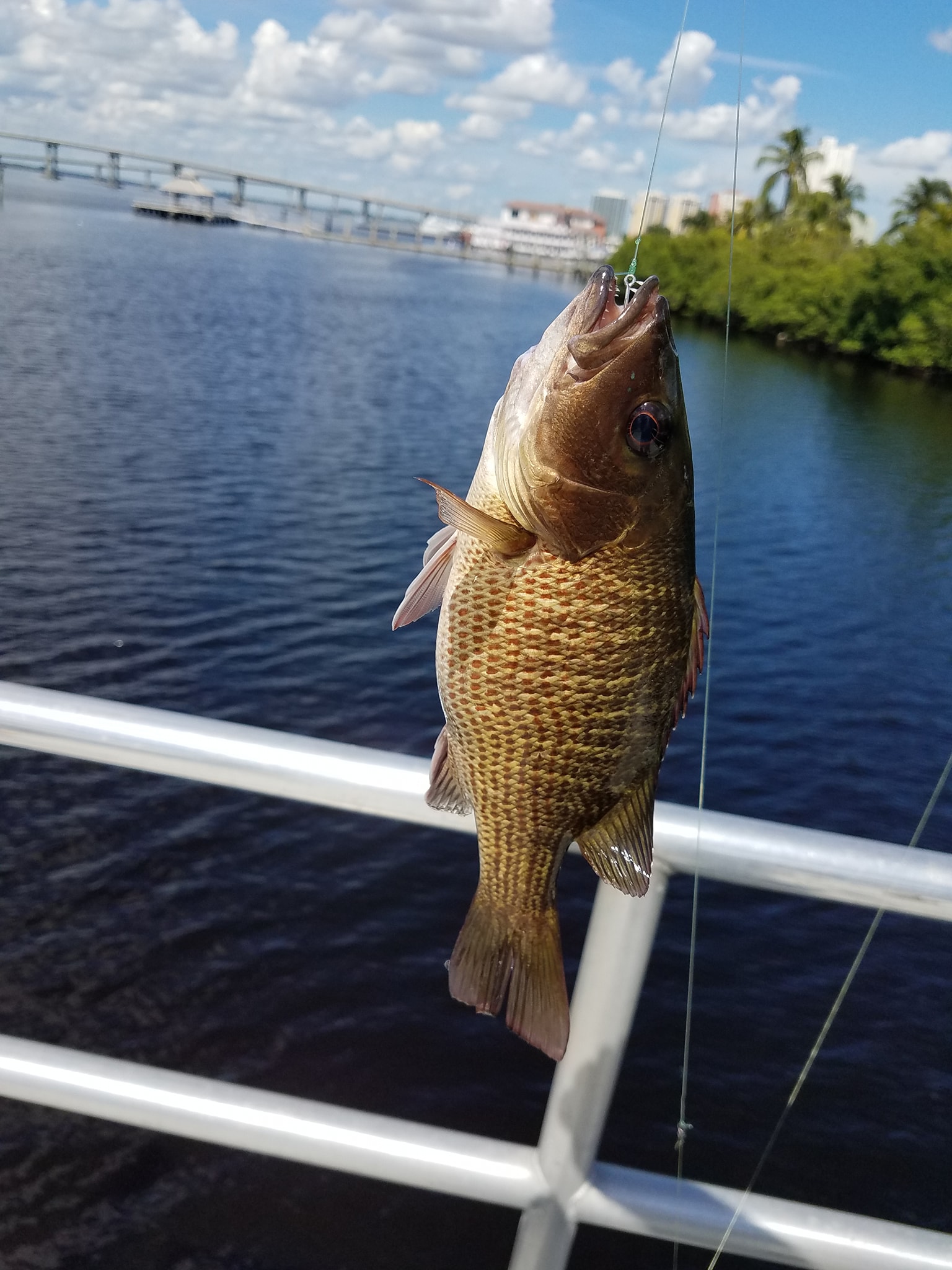
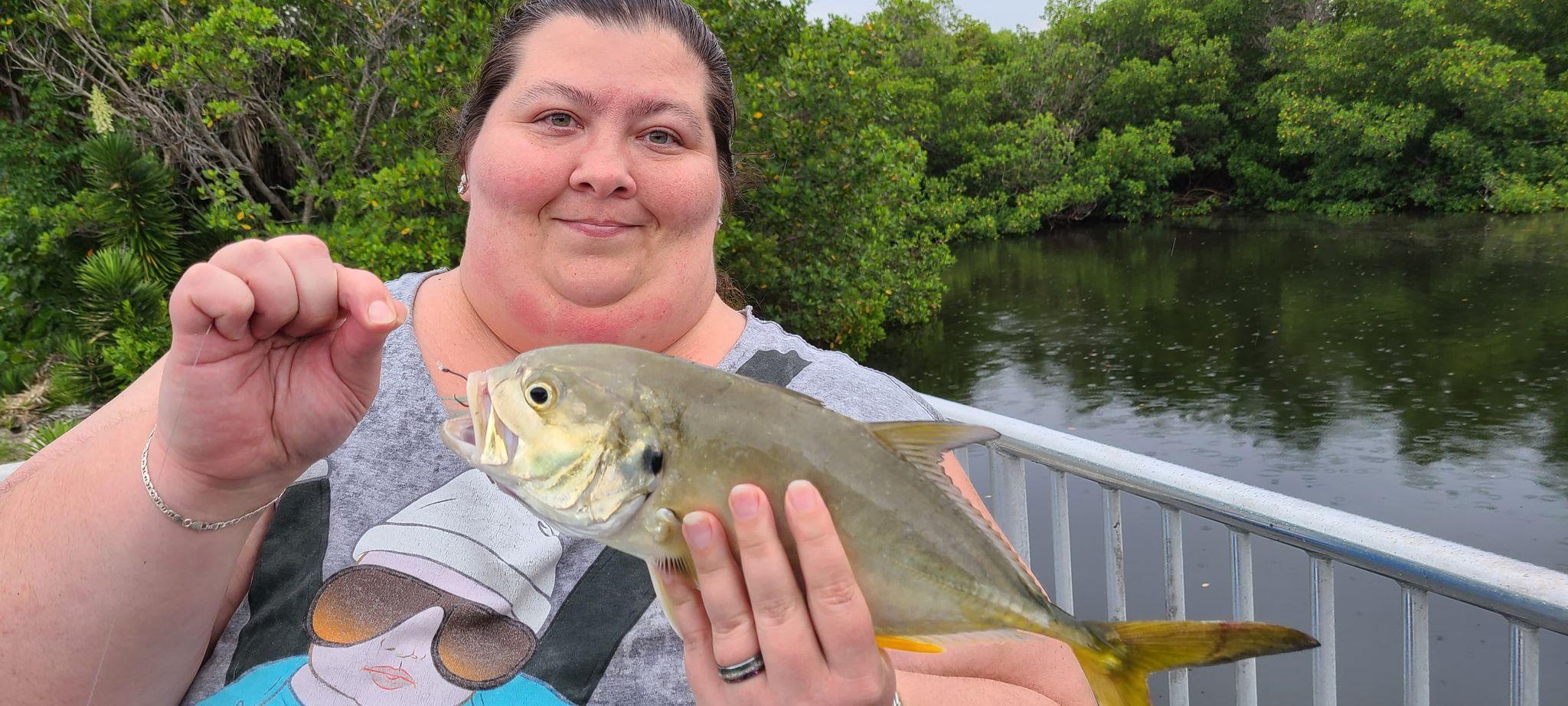
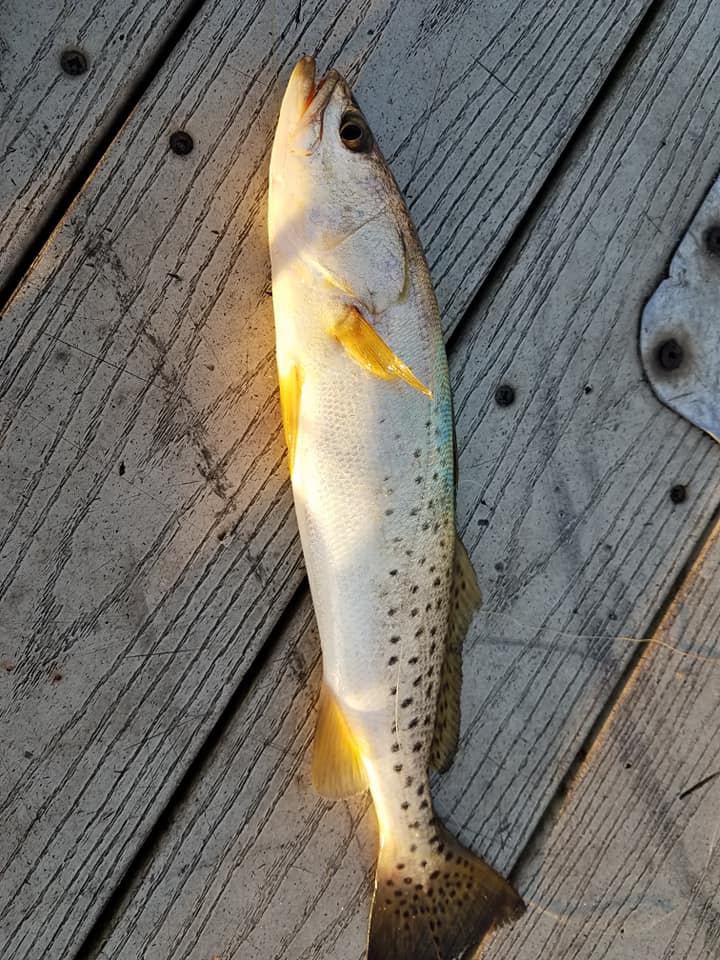
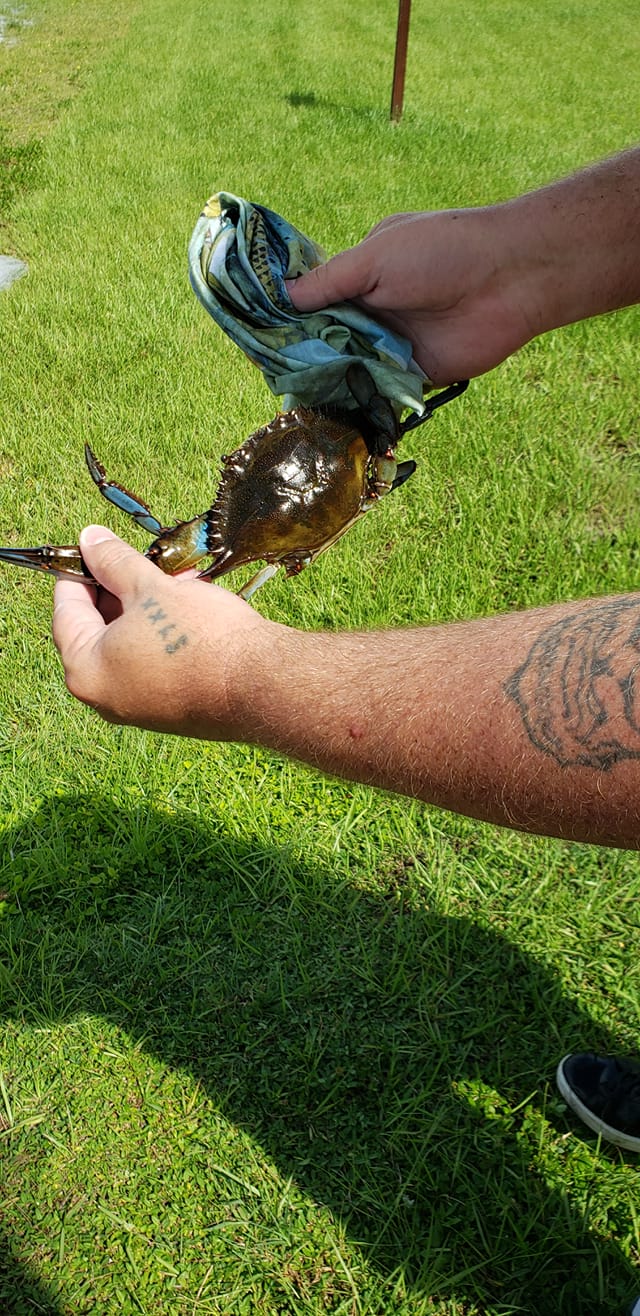
Post Comment
You must be logged in to post a comment.